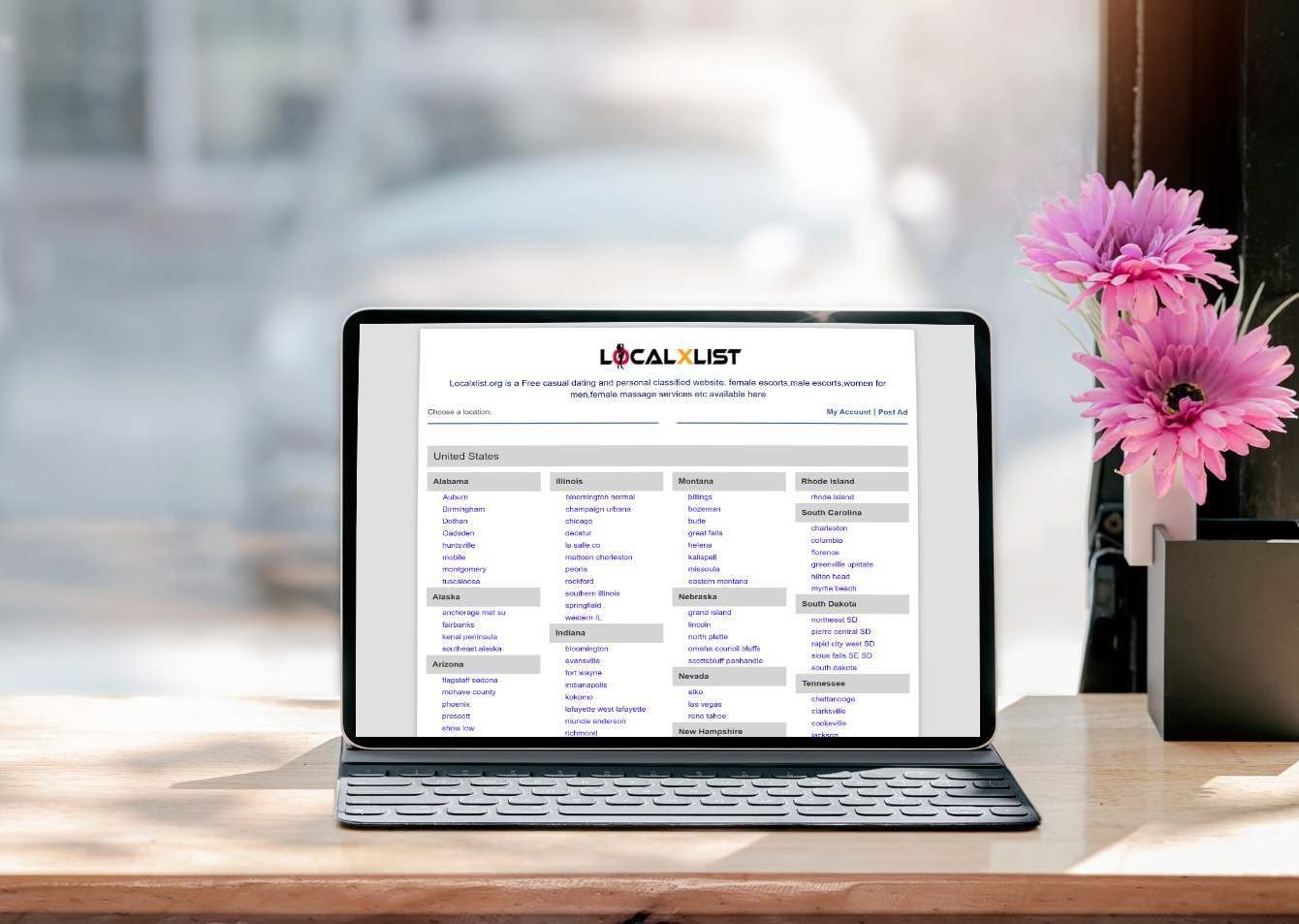For any modern game development company, in-game purchases (IAPs) have become a crucial revenue stream. From skins and power-ups to battle passes and subscriptions, these microtransactions power a massive share of today’s gaming economy. Yet, alongside this growth comes a significant challenge—ensuring that every transaction is secure.
For developers building with Unity, the Unity In-App Purchasing (Unity IAP) framework provides a powerful solution for implementing cross-platform in-game payments. But security doesn’t come automatically—it requires careful planning, server-side validation, encryption, and fraud detection strategies. Let’s dive into how to build secure in-game payment systems with Unity IAP.
Why Security in IAP Matters
When a player makes an in-game purchase, they are not only investing money but also trusting the developer with sensitive payment data. A single breach or exploit can have serious consequences:
- Revenue Loss: Fraudulent purchases or hacks can drain potential profits.
- Reputation Damage: Players won’t return to a game if they feel their data is unsafe.
- Legal Consequences: Data protection regulations such as GDPR or CCPA mandate responsible handling of user data.
Therefore, payment security isn’t optional—it’s the backbone of sustainable monetization in games.
Understanding Unity IAP
Unity IAP is Unity’s cross-platform solution for integrating in-game purchases. It allows developers to implement purchases across iOS, Android, macOS, and other platforms without writing separate payment code for each.
Some of its key features include:
- Cross-Platform API: One codebase for multiple app stores.
- Store Integration: Supports Google Play, Apple App Store, Amazon Appstore, and more.
- Consumables & Non-Consumables: Different purchase types like coins, skins, or permanent unlocks.
- Subscriptions: Monthly or yearly recurring payments.
While Unity IAP simplifies the development side, developers must add layers of validation and encryption to secure the transaction process.
Core Principles of Secure In-Game Payments
1. Server-Side Validation
Client-side validation is vulnerable because hackers can reverse-engineer or bypass it. Always validate purchase receipts on a secure server rather than the game client.
- Apple and Google both provide APIs for verifying purchases.
- The Unity IAP receipt includes purchase details that should be cross-checked with the store’s server.
- Avoid storing logic entirely on the client side; attackers can easily manipulate it.
2. Use HTTPS and Encryption
All communication between the game client and your server must be encrypted with HTTPS/TLS. Additionally:
- Store sensitive tokens securely.
- Encrypt locally stored purchase data to prevent tampering.
3. Implement Nonce and Token Systems
To prevent replay attacks, use unique identifiers (nonces) or JWT tokens for each transaction. This ensures that a purchase request cannot be duplicated maliciously.
4. Limit Offline Purchases
Allowing purchases without server verification increases fraud risk. Offline purchases should be restricted, or validated immediately once the player reconnects.
5. Detect Fraudulent Behavior
Implement anti-fraud measures, such as:
- Monitoring abnormal purchase patterns.
- Using device fingerprinting.
- Flagging accounts that repeatedly attempt invalid purchases.
Best Practices for Unity IAP Security
Leverage Platform Security
App stores like Google Play and the App Store provide their own layers of security and fraud detection. By fully integrating Unity IAP with store APIs, you inherit some of their protection.
Separate Test and Production Environments
Never test purchases in your live environment. Use sandbox modes for testing to avoid accidental data exposure.
Update Regularly
Unity IAP, app stores, and security protocols update frequently. Outdated SDKs or APIs often contain vulnerabilities. Regularly patch and update your systems.
Educate Players
Players also play a role in security. Educating them on avoiding third-party app downloads, phishing links, or rooted devices reduces risks.
Technical Implementation Tips
- Set Up Unity IAP Correctly
Enable the Unity IAP package from Unity’s Package Manager. Use Unity Services dashboard for configuration. - Configure Products
Define consumables, non-consumables, and subscriptions in both Unity and the relevant app store. - Handle Purchases with Callbacks
Unity IAP uses callbacks to confirm purchases. Ensure these callbacks don’t finalize transactions without server verification. - Server-Side Receipt Validation
- For iOS: Use Apple’s receipt validation API.
- For Android: Use Google Play Developer API.
- For Amazon: Use Amazon Receipt Verification Service.
- Always check the authenticity of receipts before granting the purchased item.
- Secure Cloud Storage
If you’re storing purchase records, use cloud solutions with encryption, backups, and strict access control.
Common Security Pitfalls to Avoid
- Granting Rewards Before Validation: Many developers mistakenly provide items before validating purchases, which can be exploited.
- Over-Reliance on Unity IAP Alone: Unity IAP provides the framework but isn’t a complete security solution.
- Ignoring Refund Handling: Purchases may be refunded; ensure your game revokes corresponding items.
- Storing Data in Plain Text: Never store tokens, receipts, or user data without encryption.
Future of In-Game Payments with Unity
The future of Unity IAP is closely tied to emerging trends in digital commerce:
- Blockchain Payments: Some developers are experimenting with crypto-based IAPs.
- Stronger AI-Based Fraud Detection: Predictive models will help identify unusual behavior in real time.
- Integration with Cross-Platform Wallets: Players expect unified wallets across games and platforms.
Unity’s adaptability makes it a strong candidate for supporting these innovations while maintaining security as a top priority.
Business Perspective: Why This Matters
For studios and publishers, secure IAP systems are more than a technical necessity—they’re a business enabler. By ensuring secure transactions, developers can:
- Increase player trust and retention.
- Unlock new revenue opportunities via microtransactions.
- Avoid revenue leakage from fraud or hacks.
- Stay compliant with regulations and avoid costly legal risks.
This is why many game publishers rely on the expertise of a unity game development company that can integrate secure IAP systems, optimize performance, and safeguard both business and players.
Final Thoughts
Building a secure in-game payment system isn’t a “set it and forget it” process. It requires careful planning, rigorous validation, ongoing monitoring, and continuous updates. Unity IAP provides a robust foundation, but developers must implement best practices in encryption, validation, and fraud detection to protect both users and revenue.
As games continue to evolve into services, secure in-game purchases will remain at the heart of player trust and developer success. By mastering Unity IAP’s security features today, studios can build not just profitable games, but also sustainable businesses for the future.



